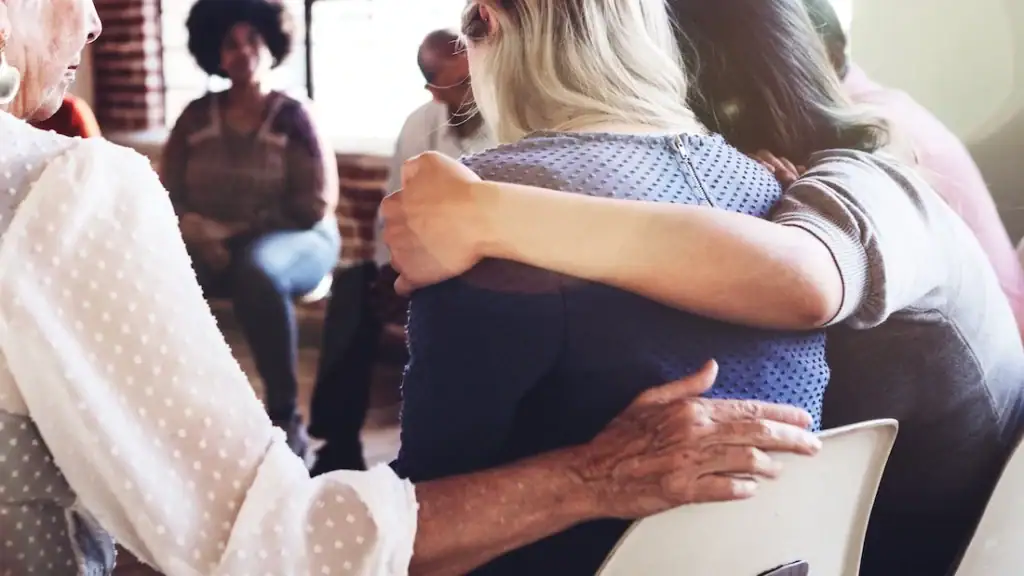How to find connection, guidance & healing when addiction affects your loved ones
When someone you love is struggling with addiction, the ripple effects touch every corner of family life — emotionally, mentally, and often financially or socially. It’s easy to feel isolated, overwhelmed, or powerless. But one of the most healing steps you can take as a family member or caregiver is to find a support group where others understand your journey.
As part of the CARES mission — to provide healing, education, and support to families affected by addiction — we believe connection is a foundational building block. Below is a guide to help you find and engage with support groups that can make a real difference in your life.
Why Join a Support Group for Families?
Before we dig into how to find a group, let’s look at why it matters:
- You’re not alone. Addiction doesn’t just impact the person using; it affects everyone around them. Support groups give you a space to know you’re not the only one navigating this journey.
- Shared wisdom & accountability. Others have walked (or are walking) this path. Their experiences, strategies, successes, and setbacks can help you learn what works — and what to avoid.
- Emotional relief. You can speak openly, vent, cry, and process emotions in a safe, nonjudgmental environment.
- Skill-building. Many groups offer education on boundaries, self-care, communication, enabling vs. support, relapse planning, and more.
- Hope & resilience. Witnessing healing, growth, and recovery in others helps restore faith that change is possible — for your loved one and your family.
CARES offers weekly discussion events with expert speakers and curated resources — a place where caregivers and family members can lean on community and gain insight.

Steps to Find a Good Fit
Start local.
Search for local addiction recovery centers, mental health clinics, or community organizations. Even if they focus mainly on the individual with addiction, they often host or know of family support groups.
Check faith-based or spiritual organizations.
Many churches, synagogues, mosques, or spiritual centers run support groups or host them for members of the community.
Explore tele or virtual support.
Even if you don’t find a good match nearby, virtual groups allow you to join from home. This is especially valuable if you have caregiving demands or mobility constraints.
Reach out and ask questions.
Before attending, contact the group to learn:
The format (open share, speaker + discussion, educational, etc.)
Whether newcomers can just “test” a meeting
Confidentiality rules
Costs or required materials
Expectations of attendees (e.g. doing readings or homework)
Be patient and flexible.
You may need to try more than one group before you find one that truly feels safe and helpful. It’s okay to try, pause, or switch.
What to Look for in a Support Group for Families of Addicts
When assessing whether a group is a good fit for you, consider:
- Emotional safety. Do you feel respected, heard, and supported? Is negativity or blame minimized?
- Balanced structure. A good group blends sharing with education, guidance, or resources — not just venting or repeating crisis.
- Facilitator role. Is someone guiding or moderating so discussions stay on track and constructive?
- Sustainability. Does the group meet regularly and reliably? Are there mechanisms for membership, follow-up, or continuity?
- Resource availability. Do they share recommended readings, tools, referrals to therapy, legal or financial guidance?
- Peer connection. Do you get a sense that others truly understand — that you’re not alone in your struggles?
How CARES Fits Into This Landscape
At CARES, we provide a volunteer-driven series of weekly discussion events specially designed for families and caregivers of individuals struggling with addiction. Each session features a speaker (professional, author, or someone with lived experience) offering insights, tools, and resources.
- Our format blends education + connection, not just sharing stories.
- Participants can lean on each other in a safe, judgment-free space.
- We aim to reduce caregiver burnout, strengthen resilience, and encourage growth.
- While we are based in one location, we hope to serve as a model and resource that can connect with other support groups across regions.
If you haven’t already, join us at CARES — and use this blog as a resource to help you find additional support groups that complement this work.
Tips for Getting the Most from Your Support Group for Families of Addicts
- Attend consistently. Real change comes through sustained engagement, not just one-off visits.
- Do your own work. Bring reflections, questions, struggles, and be willing to sit with discomfort.
- Respect confidentiality. What’s shared in the group stays in the group — that builds trust.
- Offer support. You may help others simply by listening or being present; connection flows both ways.
- Use the resources. Let the group suggest books, toolkits, referrals, and follow up on them.
- Communicate boundaries and pace. You decide how much to share, when to step back, and when to press forward.
CARES Can Help
Families of addicts carry heavy burdens — pain, confusion, guilt, frustration. But you do not have to carry it all alone. A well-matched support group can be a lifeline: a place to rest, to learn, and to heal.
If you’re seeking a place to belong and to grow in this journey, we hope CARES is one of your anchors — and that this guide helps you discover other groups that empower and uplift you. You deserve compassion, clarity, and community as you walk this path.
